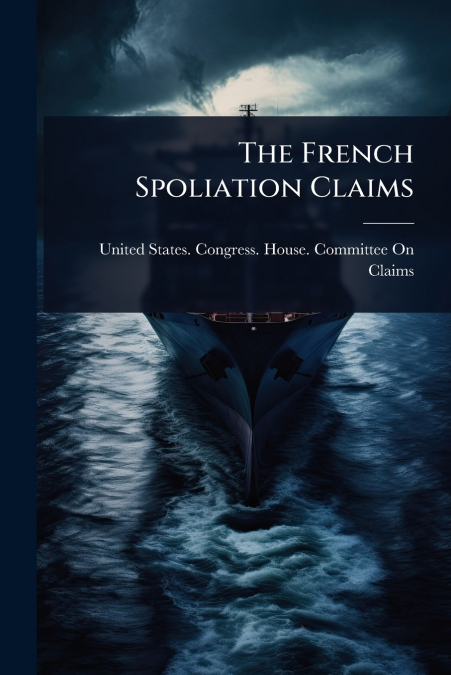
United States. Congress. House. Commi...
'The French Spoliation Claims: With Special Reference to Insurance Companies' examines the historical context and legal ramifications surrounding claims made by American citizens against the United States government for losses suffered due to depredations by French ships during the late 18th and early 19th centuries. This work particularly focuses on the role and involvement of insurance companies in these claims, providing a detailed analysis of their legal standing and financial impact.Authored by the United States Congress House Committee on Claims, this document offers invaluable insight into the complex interplay between international relations, maritime law, and domestic financial interests during a formative period in American history. It remains a significant resource for researchers and legal scholars interested in understanding the historical precedents and legal arguments related to governmental responsibility for citizens’ losses resulting from foreign actions.This work has been selected by scholars as being culturally important, and is part of the knowledge base of civilization as we know it. This work was reproduced from the original artifact, and remains as true to the original work as possible. Therefore, you will see the original copyright references, library stamps (as most of these works have been housed in our most important libraries around the world), and other notations in the work.This work is in the public domain in the United States of America, and possibly other nations. Within the United States, you may freely copy and distribute this work, as no entity (individual or corporate) has a copyright on the body of the work.As a reproduction of a historical artifact, this work may contain missing or blurred pages, poor pictures, errant marks, etc. Scholars believe, and we concur, that this work is important enough to be preserved, reproduced, and made generally available to the public. We appreciate your support of the preservation process, and thank you for being an important part of keeping this knowledge alive and relevant.